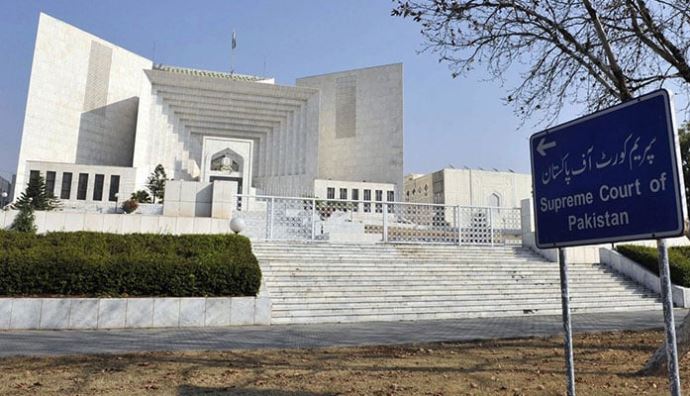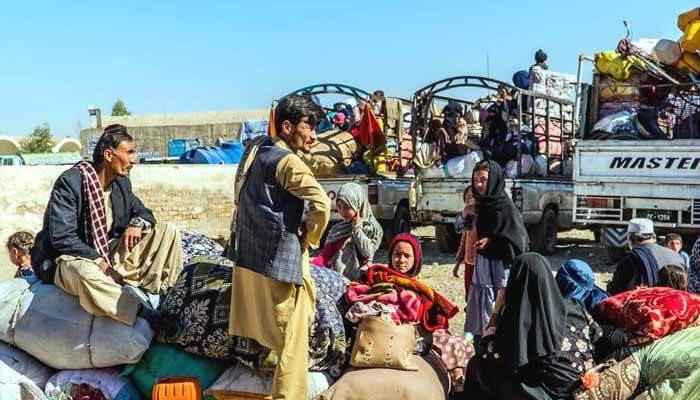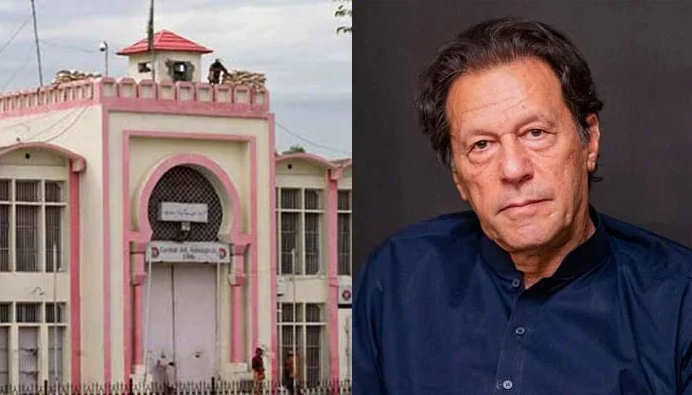LEGAL
Supreme Court Questions Civilians' Trial in Military Courts, Justice Hilali Highlights APS Precedent

The Supreme Court of Pakistan convened to hear a critical intra-court appeal regarding the trial of civilians in military courts, with the case raising fundamental questions about the scope of military jurisdiction over civilians. Justice Musarat Hilali, while presiding over the case, expressed concerns about whether civilians could be treated similarly in military courts as those involved in high-profile cases like the Army Public School (APS) attack, questioning whether the same legal approach should be applied to all civilians.
The case, being heard by a constitutional bench headed by Justice Aminuddin, addresses the appeal against the decision to allow the trial of civilians in military courts. The argument in favor of military jurisdiction was presented by Khawaja Haris, the lawyer representing the Ministry of Defense. During the hearing, Justice Muhammad Ali Mazhar emphasized the importance of fundamental rights, citing Article 233, which protects civil rights under the Constitution. Justice Jamal Mandokhel also noted that, according to the Constitution, rights are not entirely suspended under exceptional circumstances but can only be temporarily suspended under certain provisions.
The defense lawyer countered by referencing previous case law, particularly focusing on the FB Ali case, where it was decided that civilians could be tried in military courts. However, Justice Mandokhel disputed this interpretation, especially in light of the specific context of the current case involving civilians who were not members of the armed forces or even ex-servicemen. "Let’s use the term 'civilian,'" he remarked, calling attention to the distinction between active military personnel and those who fall outside the armed forces' jurisdiction.
The key legal question being debated is whether civilians can be tried in military courts, a matter that has implications not only for the justice system but also for fundamental human rights. Justice Musarat Hilali voiced concern that, while military trials may be applicable to exceptional cases like APS, civilians should not be treated in the same manner across the board. "The Constitution of Pakistan is not suspended," she emphasized, pointing to the inherent rights guaranteed under the nation's legal framework.
In response, Khawaja Haris, the defense lawyer, stated that fundamental rights remained intact despite the application of military law in certain cases, referencing prior court decisions to support his stance. However, the bench seemed unconvinced, with multiple justices raising concerns about the potential overreach of military jurisdiction, especially when it comes to civilians.
The court also probed deeper into the broader implications of military trials for civilians, questioning the criteria under which such trials could be justified. Justice Mandokhel raised a poignant point, asking why the same legal framework wasn’t applied to cases involving the martyrdom of soldiers, questioning why those responsible for such attacks were not being tried in military courts.
The case’s broader political and legal ramifications are clear: as the Supreme Court weighs the balance between national security concerns and the protection of fundamental civil rights, the outcome could set a crucial precedent for the future of military jurisdiction over civilians in Pakistan.
As the proceedings continue, the court has yet to deliver a ruling on the matter, with significant implications for both military and civilian legal processes in the country. The next hearing will focus on whether the current practice aligns with constitutional guarantees and international legal standards for due process.




